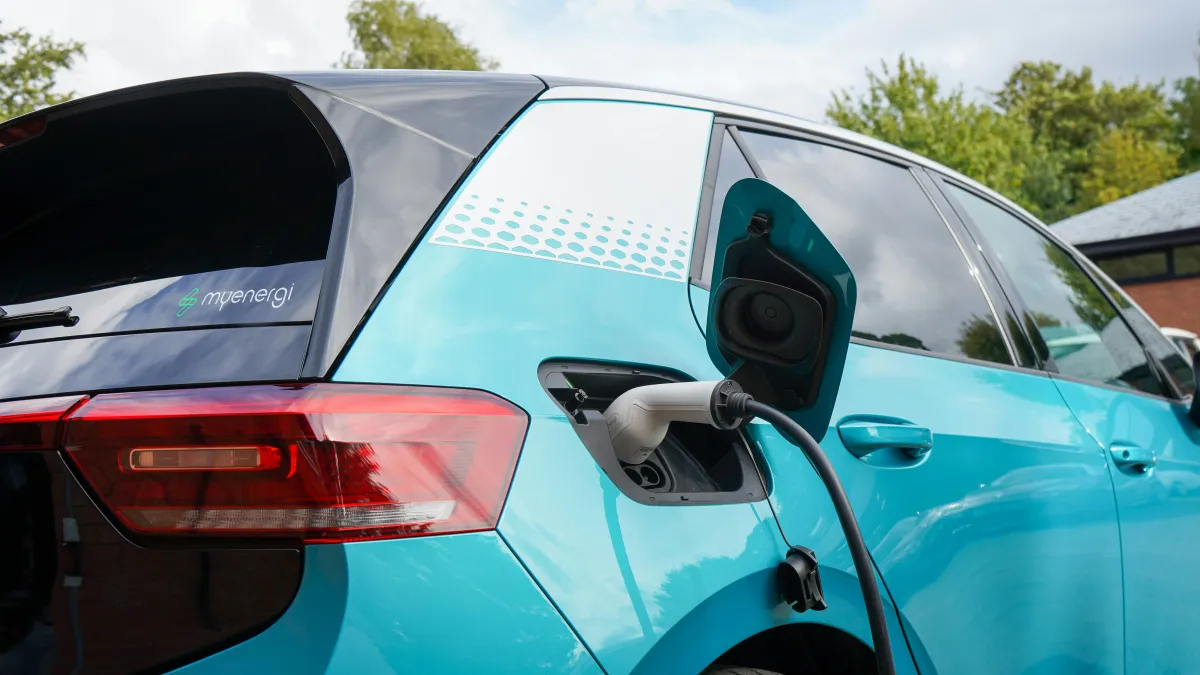
Commercial vs Home Charging Comparison
As electric vehicles become increasingly common, understanding the differences between charging station types has never been more important. At Amplify Electrical Services, we regularly help homeowners navigate the complexities of EV charging solutions. Let's explore how commercial and residential charging station types compare, helping you make informed decisions about your charging needs.
Understanding the Basics of Charging Station Types
Before diving into specific comparisons, it's essential to understand that charging station types fall into distinct categories, each serving different purposes. Think of charging station types like different types of fuel pumps – while they all ultimately power your vehicle, they do so in notably different ways and at different speeds.
Level 1 Charging Station Types
The most basic of charging station types, Level 1 charging uses standard 120-volt household outlets. Consider this like using a drinking straw versus a fire hose – it works, but slowly:
Home Setting: Plugs into any standard outlet Charging Speed: 3-5 miles of range per hour Installation Requirements: Minimal to none Best For: Overnight charging at home
Level 2 Charging Station Types
These charging station types represent the most common solution for both home and commercial settings:
Home Installation: Requires 240-volt circuit (like an electric dryer) Commercial Setting: Common in parking garages and shopping centers Charging Speed: 25-30 miles of range per hour Installation Needs: Professional electrical work required
DC Fast Charging Station Types
The fastest of charging station types, these are primarily found in commercial settings:
Commercial Focus: Highway corridors and urban centers Charging Speed: 80% charge in 20-30 minutes Power Requirements: Significant electrical infrastructure Cost: Substantially higher than other charging station types
Home Charging Solutions
When considering charging station types for residential use, several factors come into play:
Installation Considerations
Different charging station types require varying levels of preparation:
Circuit Requirements: Level 2 chargers need dedicated circuits Electrical Panel Capacity: May need panel upgrades Location Planning: Accessibility and cable routing Future Proofing: Considering future vehicle upgrades
Cost Comparison of Charging Station Types
Understanding the financial implications of different charging station types helps in decision-making:
Equipment Costs: $300-$700 for Level 2 units Installation: $500-$2,000 depending on complexity Operating Costs: Lower than commercial charging rates Long-term Value: Potential home value increase
Commercial Charging Infrastructure
Commercial charging station types offer distinct advantages and considerations:
Public Charging Networks
These charging station types provide flexibility for longer trips:
Location Availability: Increasing number of stations Network Compatibility: Various charging networks Payment Systems: Multiple payment options Reliability Considerations: Maintenance and availability
Workplace Charging Station Types
Many employers now offer charging solutions:
Employee Benefits: Convenient charging during work hours Power Management: Load balancing between multiple stations Cost Structures: Various payment and reimbursement models Installation Scale: Multiple charging station types in one location
Comparing Charging Speeds
Understanding charging speeds helps evaluate different charging station types:
Level 1 vs Level 2 Speed Comparison
Real-world charging scenarios help illustrate differences:
Overnight Charging: Level 1 adds 30-40 miles of range Workday Charging: Level 2 can fully charge most EVs Time Management: Planning around charging speeds Convenience Factors: Balancing speed vs. availability
DC Fast Charging Capabilities
The fastest charging station types offer distinct advantages:
Quick Charging: Ideal for long-distance travel Vehicle Compatibility: Not all EVs support fastest speeds Battery Impact: More stress on battery than slower charging Cost Premium: Higher rates for faster charging
Installation Requirements
Different charging station types have varying installation needs:
Home Installation Processes
Understanding what's needed for home charging:
Electrical Assessment: Evaluating existing capacity Location Planning: Optimal placement considerations Permit Requirements: Local code compliance Future Expansion: Planning for additional charging station types
Commercial Installation Considerations
Larger scale installations involve additional factors:
Power Distribution: Managing multiple charging station types Load Management: Balancing power demands Infrastructure Requirements: Substantial electrical work Scalability Planning: Future expansion capabilities
Cost Analysis
Understanding the financial implications of different charging station types:
Home Charging Economics
Breaking down residential charging costs:
Initial Investment: Equipment and installation Operating Costs: Electricity rates and maintenance ROI Considerations: Compared to commercial charging Tax Incentives: Available rebates and credits
Commercial Charging Costs
Evaluating public charging expenses:
Network Membership: Subscription vs. pay-as-you-go Peak/Off-peak Rates: Time-of-use pricing Location Premiums: Urban vs. suburban rates Long-term Cost Comparison: Home vs. commercial charging
Environmental Impact
Different charging station types have varying environmental implications:
Energy Source Considerations
Understanding the bigger picture:
Grid Power Mix: Renewable vs. traditional sources Time-of-Use Impact: Peak vs. off-peak charging Carbon Footprint: Home vs. commercial charging Future Trends: Increasing renewable integration
Making the Right Choice
Factors to consider when selecting between charging station types:
Personal Usage Patterns
Understanding your specific needs:
Daily Commute Distance: Required range recovery Time Availability: Charging window opportunities Budget Constraints: Initial and ongoing costs Future Needs: Vehicle upgrade plans
Hybrid Approach
Combining different charging station types:
Home Base Charging: Primary charging solution Workplace Options: Supplemental charging Public Charging: Long-distance travel needs Emergency Backup: Alternative charging station types
Future Considerations
Looking ahead at charging station types development:
Technology Advances
Upcoming changes in charging capabilities:
Faster Charging: New charging station types Smart Features: Advanced monitoring and control Vehicle-to-Grid: Bidirectional charging capabilities Wireless Charging: Emerging technologies
Conclusion
Understanding the various charging station types helps make informed decisions about EV charging solutions. At Amplify Electrical Services, we specialize in helping homeowners navigate these choices and implement the right charging solutions for their needs.
Whether you're considering a home charging installation or need advice about commercial charging options, our experienced team can help you understand and evaluate different charging station types. Contact us today to discuss your EV charging needs and discover the best solution for your situation.
Remember, choosing between charging station types isn't just about current needs – it's about preparing for the future of electric vehicle ownership. Let our expertise guide you through the selection and installation process, ensuring you have the right charging solution for years to come.